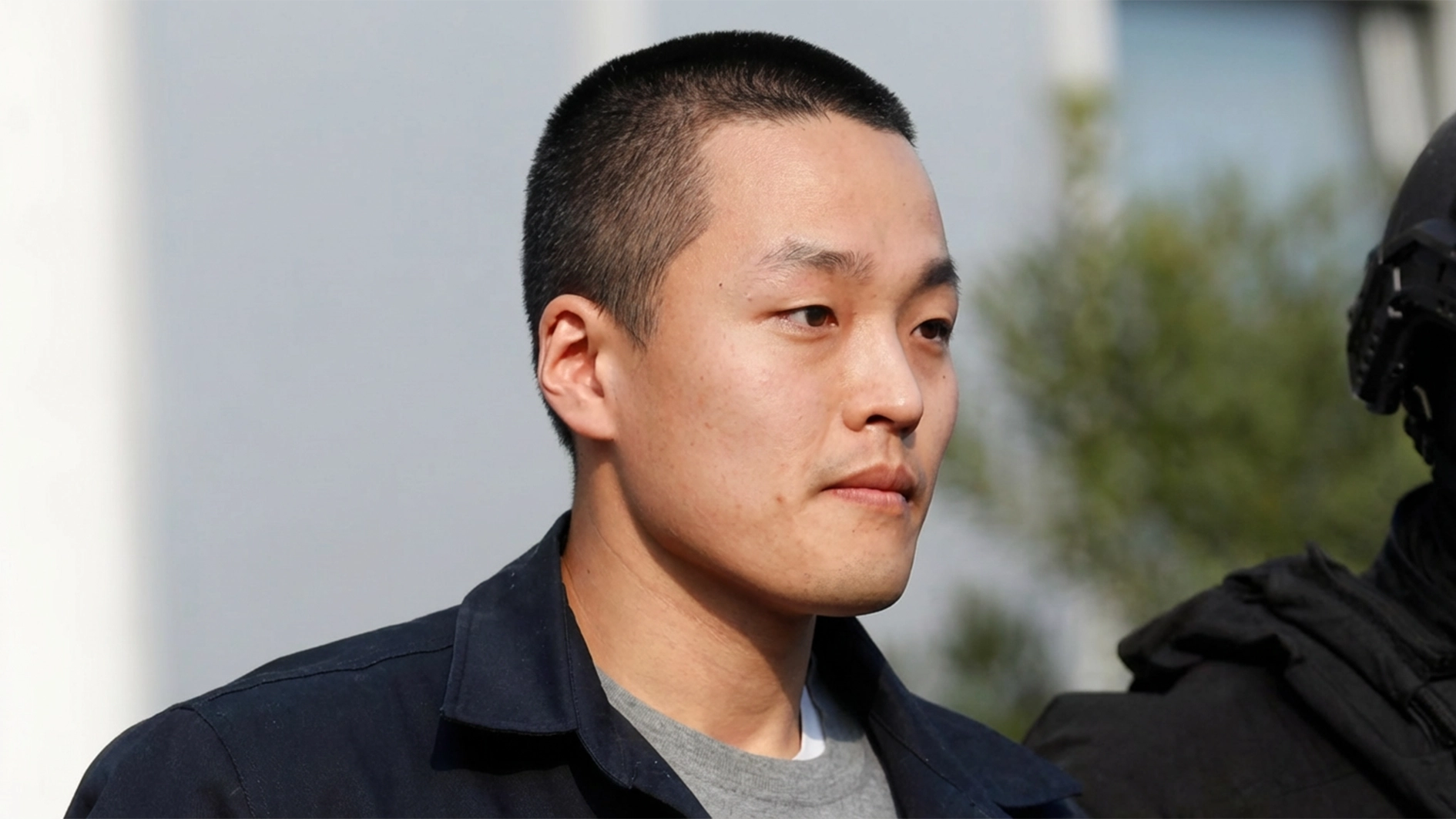The Chairman, Presidential Committee on Fiscal Policy and Tax Reforms, Taiwo Oyedele, has clarified a post challenging a proposed increase in the rate of Value Added Tax (VAT) which he shared on X in 2019.
In the post, Oyedele said VAT rate increase will lead to higher inflation, interest rate hike, and more unemployment, adding that it will generally make people poorer.
The post resurfaced after he appeared in a town hall meeting on Monday to enlighten Nigerians on the Tax Reform Bills of the Tinubu administration which are currently before the Senate.
According to some social media users circulating screenshots of the post, Oyedele’s current push for a tax reform that will increase VAT contradicts his position in 2019.
Reacting to the criticism, Oyedele said he took the position in 2019 because an increase in VAT rate at the time would have led to inflation because of what was proposed by those behind the policy.
He said the 2019 policy proposed a general VAT increase on almost all items, with VAT applicable to many basic consumptions, adding that the policy meant that businesses wouldn’t be able to claim tax credit for VAT paid on most of their costs.
On why he backs the 2024 policy, Oyedele said it proposes a specific VAT increase on a few items, removes VAT on most basic consumptions (about 80% of goods and services) and that businesses can claim tax credit for VAT paid on all their costs.
The chairman recently revealed that the proposed Tax Reform Bills will be a win-win for all the tiers of government.
In a post on X, he lamented that the current derivation is mainly determined based on where VAT is remitted, rather than where goods or services are supplied or consumed.
He said the new proposal aims to create a fairer system by devising a different form of derivation which takes into account the place of supply or consumption for relevant goods and services whether they are zero-rated, exempt or taxable at the standard rate.






